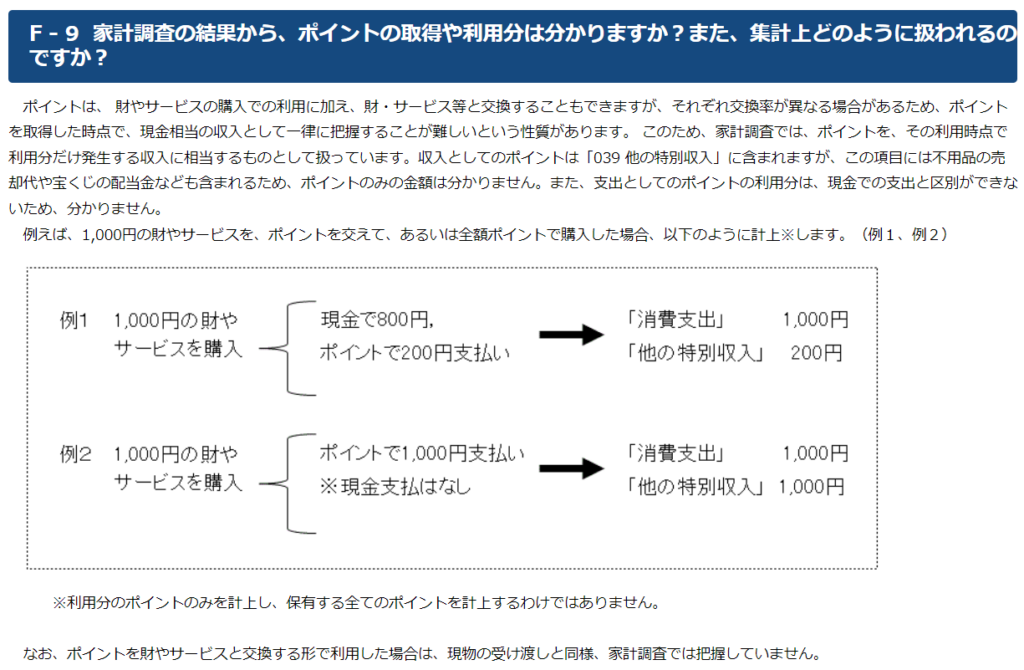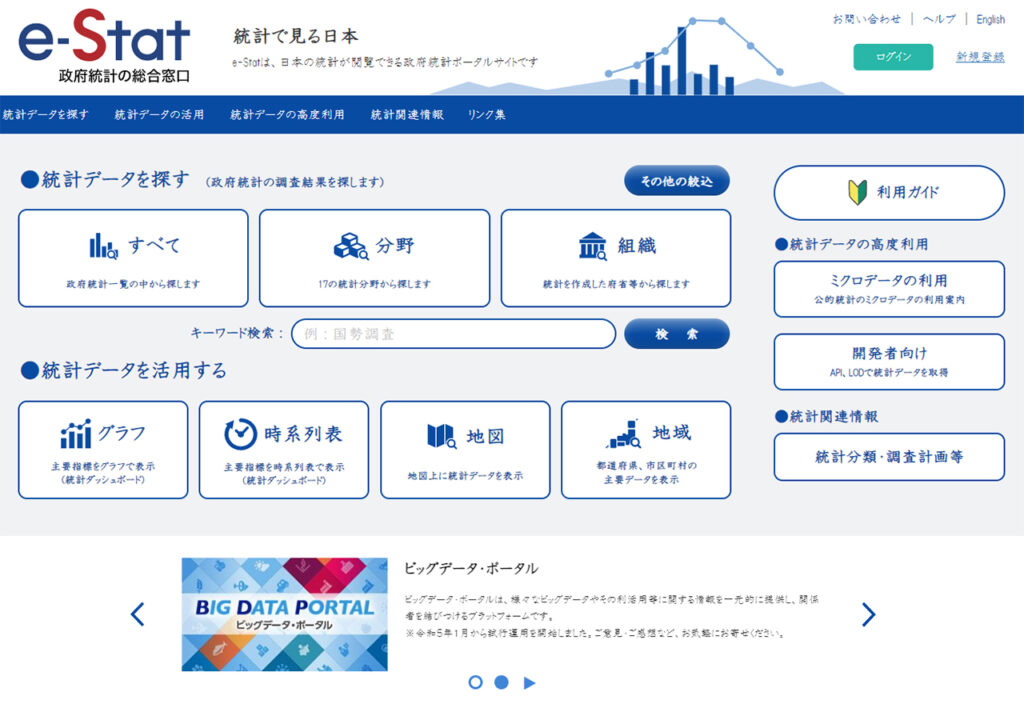Statistical surveys created by national administrative agencies and local public organizations are called official statistics. They are widely used as basic information for decision-making by both the public and private sectors, and are required to accurately reflect the actual state of society. Since they are conducted by the government from a macro perspective, the scale of these surveys is literally big data. Government agencies set up committees to design and improve surveys, and I have participated in these committees as a committee member to help with the work of the national government. I have considered what questions should be asked of survey subjects, households and companies, devised new survey items to obtain information that is in line with the current situation, and analyzed survey data after the survey.
In many cases, official statistics, such as the national census or economic census, are conducted continuously from the past, and it is rare to design a questionnaire from scratch. In most cases, we start by considering how to improve an existing questionnaire. For example, how do we understand the impact of the rapid spread of electronic payments in recent years on consumption? Even the mere fact of purchasing chocolate, is exchanging it for points that you have accumulated a consumption? In the first place, can we consider accumulating points as income? It is also important to organize the concepts related to the survey items prior to the survey. In addition, it is necessary to pay attention to the scrutiny of questions, such as words and phrases, so that the intention of the question is conveyed correctly, and sometimes research is conducted in advance to see what kind of answers will be returned when what questions are asked. Although questionnaires appear easy to understand on the surface, they are actually carefully designed to collect "meaningful data".

"Can I find out how many points I have earned and used from the results of the household budget survey? Also, how are they treated in the calculation?"
As an example of data analysis using official statistics, in recent years, we have been interested in developing a new indicator called "inter-industry distance" to classify industries in corporate statistics. In general, if there are the automobile industry, the aircraft industry, and the agriculture industry, we intuitively imagine that the automobile industry and the aircraft industry are close in terms of transporting people and goods, and agriculture is farther away in comparison. Where does that sense of "closeness" come from? Wouldn't it be interesting if we could express that sense of distance in numerical terms? Data science makes this possible. Of course, "inter-industry distance" does not exist in actual physical space. So we first define "inter-industry distance". Then, using statistical data called the "industry input-output table" compiled by the Ministry of Internal Affairs and Communications, which summarizes how goods and services are exchanged between each industry, we focus on the list of raw materials that an industry inputs to produce one unit of a product. Then, using something like a raw material recipe for each industry, we measure the degree to which these recipes are similar to each other by applying the definition of "inter-industry distance" using the mathematical concept of vectors.
Vectors are covered in high school mathematics, but when you are studying them, you may have felt that they were abstract and elusive, and wondered what they were useful for. However, at university, they are one of the useful tools that can be used when there is a theme you want to analyze, as I use them in my research. The mathematics you are learning now, not just vectors, will come in handy when you come across something you want to analyze, and you will think, "That might be useful." It will also be an opportunity to get in touch with the world of data science, so although it may be difficult now, I hope you will continue to study.





